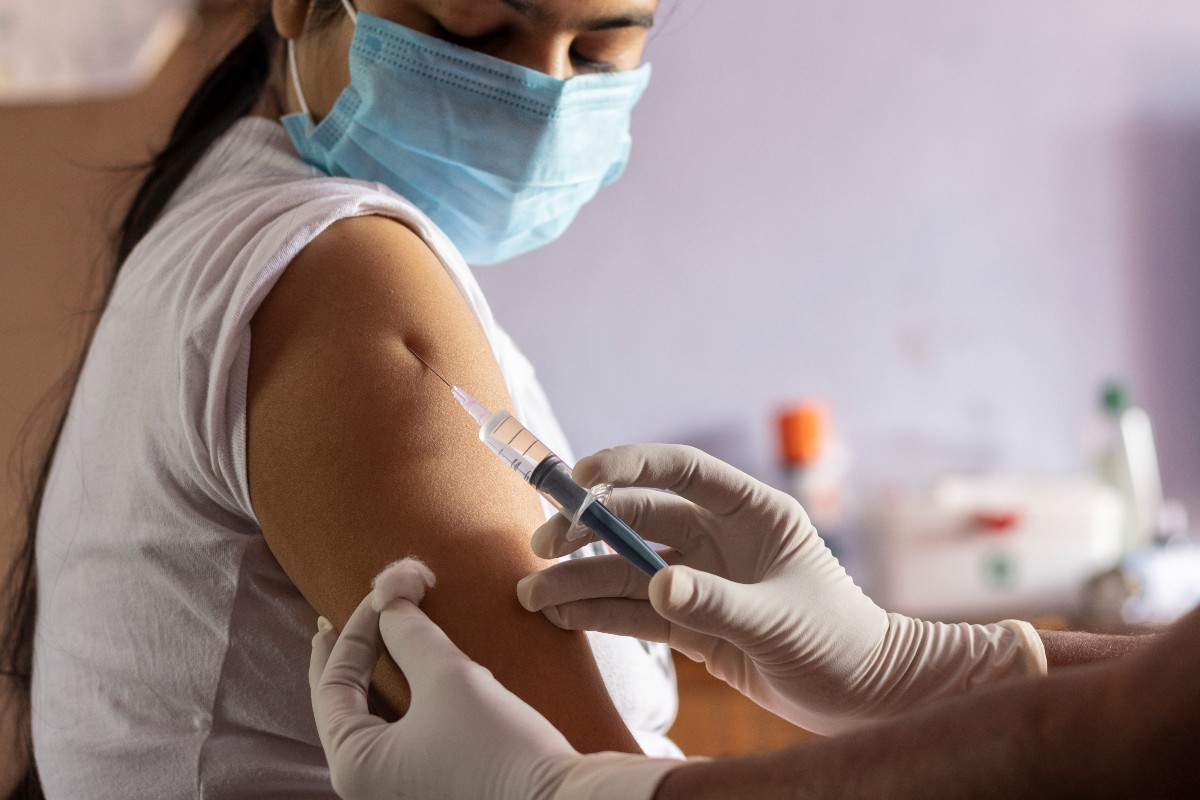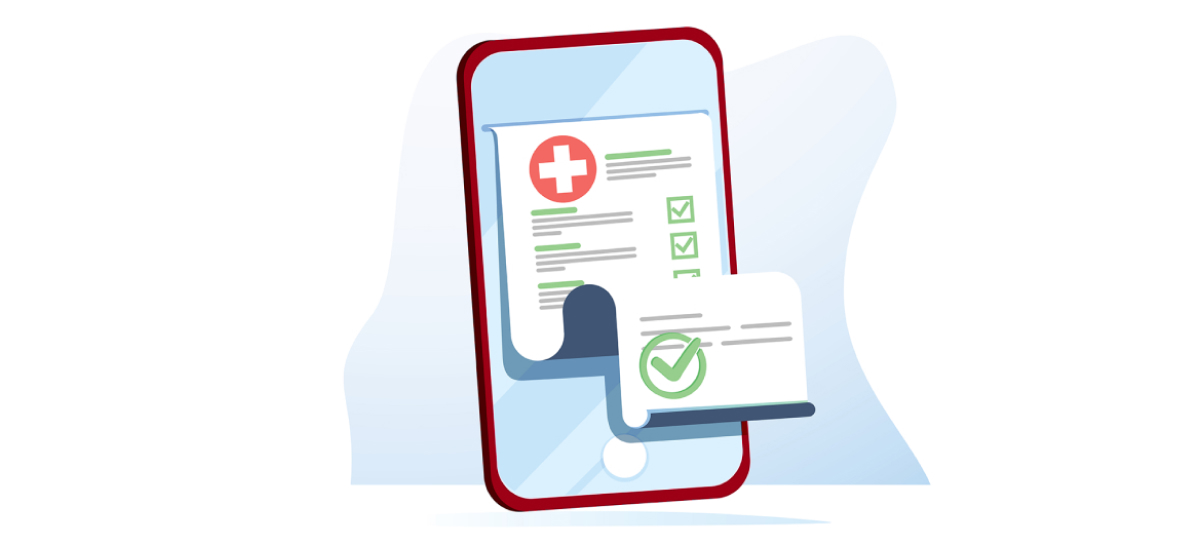As parents, protecting your child's health and wellness is a top priority. Vaccination plays an important role in this, as it helps to protect infants from serious diseases that can otherwise lead to life-threatening complications in the future.
Understanding the importance of vaccines, the recommended vaccine plan, and the best time to manage them is required to navigate the first few years of the child's life. Let's delve deeper to understand vaccines for infants, from infant vaccine charts to the role of child health insurance to supporting the child's health services.
What are vaccines for infants?
Vaccines are preparatory methods designed to provide immunity to specific infections. They work by stimulating the immune system to produce bacteria and virus-fighting antibodies.
For infants, vaccination is necessary to prevent critical diseases such as polio, tuberculosis, diphtheria, and measles, which can be particularly dangerous in the first years of life when the child's immune system continues to develop.
When should vaccines be administered?
The infant vaccine schedule prepares the right time to get the vaccines. It ensures that your child is protected from preventable diseases at the earliest. The plan is divided into different milestones, usually around the first year of life, with some vaccines administered at birth.
Birth to 2 Months
At birth, your child usually receives a dose of the BCG (Bacillus Calmette–Guérin) vaccine, which protects against tuberculosis. Also, newly born children are provided with the Hepatitis B vaccine. Within the first two month's time span, infants are generally provided with their first doses of:
·Hepatitis B vaccine
·Diphtheria, Tetanus, and Pertussis (DTP) vaccine
·Hib (Haemophilus influenzae type b) vaccine
·Polio vaccine
2 to 4 Months
At 2 to 4 months of age, infants are usually administered the following vaccines:
·Pneumococcal conjugate vaccine (PCV)
·Second dose of DTP
·Second dose of Polio
·Second dose of Hib
·Rotavirus vaccine to protect against severe diarrhoea
6 to 18 Months
At 6 to 18 months of age, your infant will continue their childhood immunisation schedule with the following:
·Third dose of DTP
·Chickenpox (Varicella) vaccine
·Third dose of Polio
·Hib vaccine
·Measles, Mumps, and Rubella (MMR) vaccine (first dose at 9-12 months)
12 to 18 Months
During 12 to 18 months, your baby will receive:
· Second dose of MMR (Measles, Mumps, Rubella)
·Hepatitis A vaccine (given in two doses)
·Meningococcal vaccine
·DTP booster (after 4-6 years of age)
Importance of vaccines for infants
1. Security against serious illnesses
Childhood immunisation schedules are important starting from birth to protect babies from deadly diseases. Vaccines for newborns protect them from life-threatening diseases such as measles, polio, and whooping cough. The Hepatitis B vaccine for newborns is one of the first vaccinations, giving them protection against the virus.
2. Increases immunity rapidly
Vaccines strengthen the immune system of newborn infants, which effectively enables them to fight infections. This initial protection lays the foundation for a healthy life.
3. Prevents disease spread
Vaccinated infants have less possibility of the transfer of diseases, which contributes to immunity in society.
4. Safe and effective
The vaccination process is strictly tested to ensure safety and effect before infants are administered. Parents can feel confident that vaccination in the health care system is an essential and safe step.
5. Long-term health
By preventing severe critical diseases, vaccines reduce long-term health complications or the possibility of disabled people. This leads to a healthy future for your child.
6. Security for parents
Vaccination assures parents that their child is protected from dangerous diseases. This sense of security allows parents to focus on the development and health of their child without stress.
7. Reduces the cost of healthcare
Ensuring that newborns get their first vaccines is crucial to their general health.
While vaccinations are generally reasonable, health insurance for children can help reduce the cost of health care if your child faces complications from serious diseases.
8. Cashless child health insurance
It offers cashless health insurance facilities and helps to reduce the financial burden of medical treatment. Whether it covers the cost of vaccines, medical visits, or hospitalisation, investing in a comprehensive health plan for your child is an important step to ensure that they have access to the best medical care.
Summing Up
Vaccination is an important step to protect your baby from various diseases to ensure that they live a healthy life. By following the childhood vaccine schedule and ensuring that your child gets vaccinated on time, you take an essential step to protect their health for the future.
Along with this, comprehensive child health insurance can provide invaluable security and cover medical expenses. For a safer tomorrow, make sure your child is vaccinated today. To learn more about protecting your child's health with proper health insurance coverage, visit Generali Central Insurance and choose the plans that suit your family's needs.
Frequently Asked Questions (FAQs)
1.What is the infant vaccination plan?
The infant vaccine schedule includes vaccines such as DTP, Polio, and MMR administered at specific intervals during the first year.
2.Why are vaccines important to my child?
Vaccines protect your baby from severe diseases, which help to build immunity and prevent life-threatening diseases.
3.Are there any side effects from vaccines?
Common side effects are usually mild, such as fever or swelling, and are usually resolved within a few days.
4.Can I postpone vaccination for my child?
Delay in vaccines increases the child's risk of contractable diseases, so it is best to follow the recommended plan.
5.Does health insurance cover vaccines for infants?
Many health insurance schemes cover regular vaccines, but it is necessary to confirm coverage with your insurance company.

























